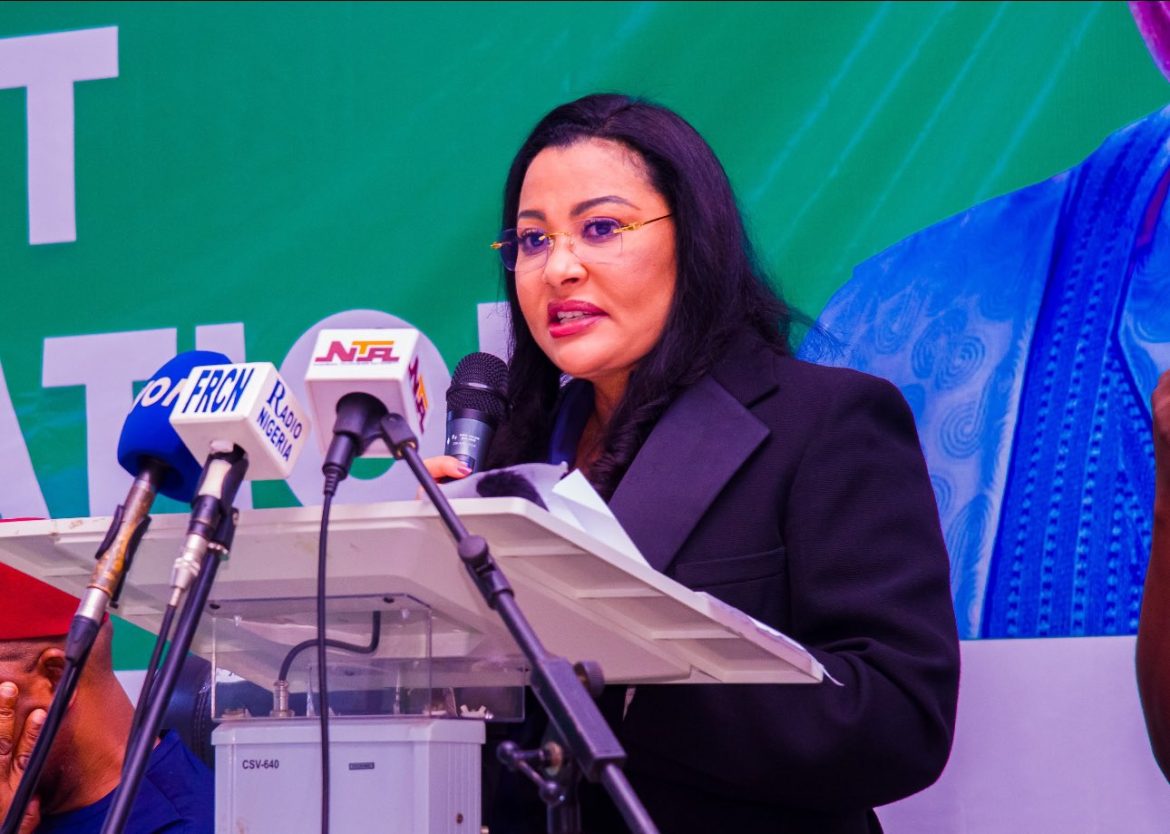735
Daniel Adaji
Nigeria has secured nearly $30bn in agricultural investments over the past two years.
From sugar to sesame, the federal government has signed deals with countries including China, Brazil, France, and India, all aimed at modernizing agriculture, boosting production, and reducing poverty.
Between October 2023 and April 2025, Nigeria entered into at least 14 major agricultural investment agreements totaling $30.77bn, based on official documents and public statements obtained by Pointblank News.
The largest commitment came on May 24, 2024, with a $20bn package that includes $14bn from India and $250m from the Netherlands. This investment is expected to play a key role in transforming Nigeria’s agricultural economy.
Similarly, the African Development Bank (AfDB) mobilized $3.7bn for its Special Agro-Industrial Processing Zones (SAPZs) initiative, targeting between 28 and 36 states. The programme is designed to bring agro-processing closer to rural areas and create employment.
Nigeria also gained momentum through the Nigeria–Brazil Green Imperative Project, which secured €995m in public funding and an estimated $4.3bn from Brazilian private investors. This initiative focuses on fertilizer production, improved seed technology, and mechanized agriculture in all 774 local government areas.
Several additional partnerships have supported this trend. The UK’s Propcom+ initiative committed £204m to support climate-resilient agriculture, while France pledged €300m across agriculture and related sectors. Japan’s JICA provided a ¥15bn loan to fund the National Agricultural Growth Scheme. The World Trade Organization backed a $1.2m export program targeting sesame and cowpea markets.
Nigeria also signed strategic agricultural memoranda of understanding with Belarus, China, Indonesia, and the World Food Programme, covering areas such as food security, palm oil production, and agricultural exports.
The most recent is the $1bn sugar production partnership with Chinese conglomerate SINOMACH
Formalized through a memorandum of understanding with the National Sugar Development Council (NSDC) in April, the project includes a sugarcane plantation and processing facility, with an initial processing capacity of 100,000 metric tonnes and a long-term goal of reaching 1 million metric tonnes annually.
Executive Secretary of the NSDC, Kamar Bakrin described the deal as a strategic milestone in Nigeria’s pursuit of food security.
“2025 is a pivotal year for Nigeria, and we must make bold moves towards food security and economic self-sufficiency,” Bakrin said. He emphasized that the project would create thousands of jobs, stimulate rural development, and conserve foreign exchange.
Vice President of SINOMACH, Li Yu affirmed that the venture aligns with Nigeria’s “sweet revolution” under the Nigeria Sugar Master Plan (NSMP).
He noted that the partnership would foster rural development and agricultural modernization while leveraging RMB-based financing for greater cost efficiency.
Experts believe the sugar initiative could reshape the rural economy of northern Nigeria.
Agricultural economist La’ah Dauda hailed the project as a watershed moment, predicting it could turn Kaduna and other northern states into agricultural powerhouses.
“This is not just about sugar. It’s about job creation, import substitution, and rural transformation,” Dauda said.
Despite the optimism, implementation remains a major challenge.
A researcher at the University of Agriculture in Abeokuta, Tobi Awolope stressed that the sugar project is about more than production.
“This partnership goes beyond producing sugar—it’s about upgrading Nigeria’s entire agro-processing ecosystem,” she said.
Awolope emphasized the need for stakeholder inclusion, technical capacity, and local content to ensure the project succeeds.
“If we get it right, this deal could make Nigeria the ‘Sugar Bowl of West Africa’—a net exporter, not importer,” she added.



